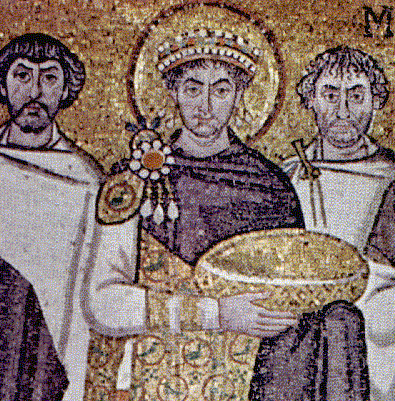Three Versions of Judas
Jorge Luis Borges, writing about the views of a fictional Swedish theologian, in his 1944 story Three Versions of Judas (he often used made up scholars to make his points) wrote the following:
"The book’s general argument is not complex, although its conclusion is monstrous. God, argues Nils Runeberg, stooped to become man for the redemption of the human race; we might well then presume that the sacrifice effected by Him was perfect, not invalidated or attenuated by omissions. To limit His suffering to the agony of one afternoon on the cross is blasphemous. To claim that He was man, and yet was incapable of sin, is to fall into contradiction; the attributes impeccabilitas and humanitas are incompatible. […] [F]or Runeberg, [Isaiah 53.2-3 is] the detailed prophecy not of a moment but of the entire horrendous future, in Time and in Eternity, of the Word made Flesh. God was made totally man, but man to the point of iniquity, man to the point of reprobation and the Abyss. In order to save us, He could have chosen any of the lives that weave the confused web of history: He could have been Alexander or Pythagoras or Rurik or Jesus; he chose an abject existence: He was Judas."
Of course. It makes a sort of perfect sense.
"The book’s general argument is not complex, although its conclusion is monstrous. God, argues Nils Runeberg, stooped to become man for the redemption of the human race; we might well then presume that the sacrifice effected by Him was perfect, not invalidated or attenuated by omissions. To limit His suffering to the agony of one afternoon on the cross is blasphemous. To claim that He was man, and yet was incapable of sin, is to fall into contradiction; the attributes impeccabilitas and humanitas are incompatible. […] [F]or Runeberg, [Isaiah 53.2-3 is] the detailed prophecy not of a moment but of the entire horrendous future, in Time and in Eternity, of the Word made Flesh. God was made totally man, but man to the point of iniquity, man to the point of reprobation and the Abyss. In order to save us, He could have chosen any of the lives that weave the confused web of history: He could have been Alexander or Pythagoras or Rurik or Jesus; he chose an abject existence: He was Judas."
Of course. It makes a sort of perfect sense.






0 Comments:
Post a Comment
<< Home